
Harold Brighouse
Harold Brighouse was an English playwright and author whose best known play is Hobson's Choice. He was a prominent member, together with Allan Monkhouse and Stanley Houghton, of a group known as the Manchester School of dramatists.
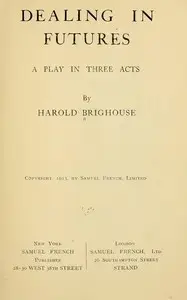
Dealing in Futures: A Play in Three Acts
In a Lancashire village, a family confronts tough decisions about love, ethics, and the price of progress.
By Harold Brighouse
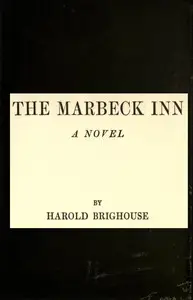
The Marbeck Inn: A Novel
A porter's son becomes a celebrated local hero due to an act of bravery, setting in motion a struggle between social class, family ties, and one mother's independent spirit.
By Harold Brighouse
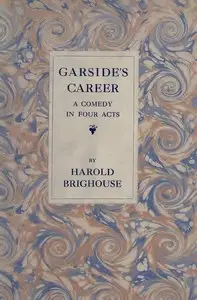
Garside's Career: A Comedy in Four Acts
A young graduate must decide between loyalty to his working-class roots, his ambitions, and the woman he loves.
By Harold Brighouse

Hobson's Choice: A Lancashire Comedy in Four Acts
In a time when fathers decided everything, one spirited daughter decides to turn the tables and marry the man she chooses, sparking a battle of wills that changes her family forever.
By Harold Brighouse
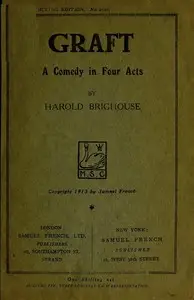
Graft: A Comedy in Four Acts
In a town split by wealth, a working-class family's dreams clash with the ambitions of the elite as a battle over a new park exposes the cracks in their community.
By Harold Brighouse
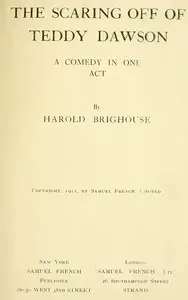
The Scaring off of Teddy Dawson: A Comedy in One Act
In a London home, a daughter's secret romance ignites a comical war between her protective parents as they clash over how to handle her suitor.
By Harold Brighouse
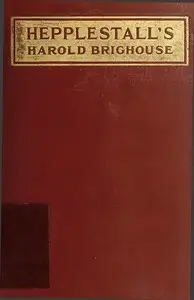
Hepplestall's
Fueled by rivalry and ambition, a young man seeks to rise above his station in a world defined by class and industry.
By Harold Brighouse
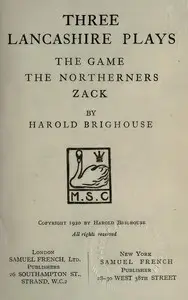
Three Lancashire Plays: The Game; The Northerners; Zack
In early 20th-century Lancashire, a family's anticipation for a football match reveals complex tensions surrounding loyalty, ambition, and personal identity.
By Harold Brighouse
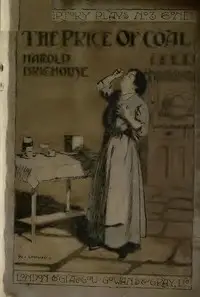
The Price of Coal A Play
A terrifying premonition and a ringing bell intertwine, threatening to shatter a family's hope until love emerges from the dust of a dangerous profession.
By Harold Brighouse
